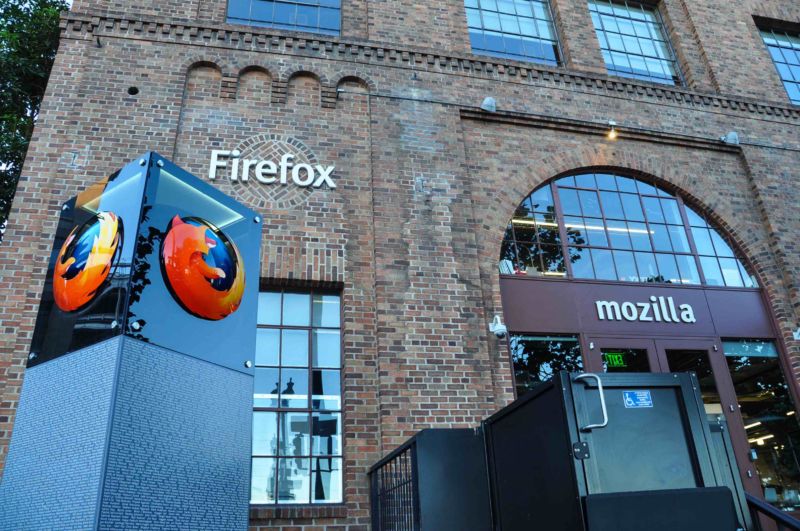
Mozilla has released Firefox 72, an update that, like many recent browser updates, focuses on privacy features—specifically, ways to deal with fingerprinting, and a new way of managing websites’ requests to send you notifications.
Mozilla made it possible to block website notifications altogether in a previous update to Firefox, but this update offers this new, ostensibly more manageable variation as well. Instead of showing these requests as a pop-up that interrupts your experience, it will now show a speech bubble in the address bar that you can use to opt-in to the notifications—similar to how some modern browsers handle other kinds of pop-up attempts.
The other major feature of Firefox 72 is a further expansion of the browser’s Enhanced Tracking Protection feature. The browser now blocks fingerprinting scripts by default for all users. Mozilla introduced Enhanced Tracking Protection a few versions ago and recently made it on by default. We went over some of the other aspects of Enhanced Tracking Protection in a previous report.
This change piles on with tracker blocking and autoplay blocking to continue Mozilla’s focus on privacy. Of course, other browsers are following a similar track, too.
72 also enables the picture-in-picture video feature on Mac and Linux machines. “Select the blue icon from the right edge of a video to pop open a floating window so you can keep watching while working in other tabs or apps,” Mozilla explains in a blog post about the update. And as usual, there are a number of security updates that you can read about on Mozilla’s security portal.
Firefox 72 is available to all users starting today.
https://arstechnica.com/?p=1640497

